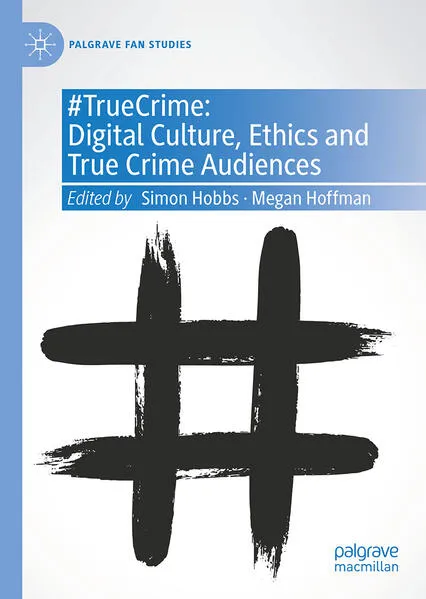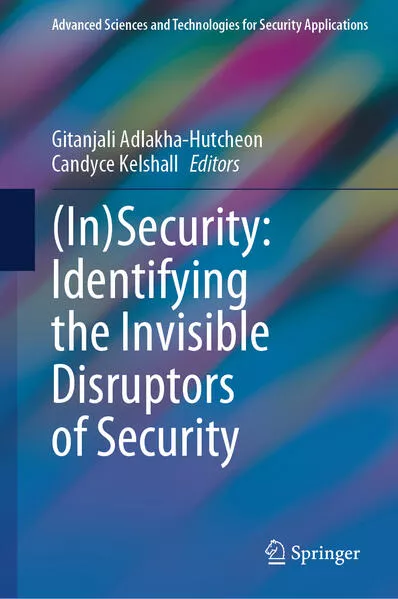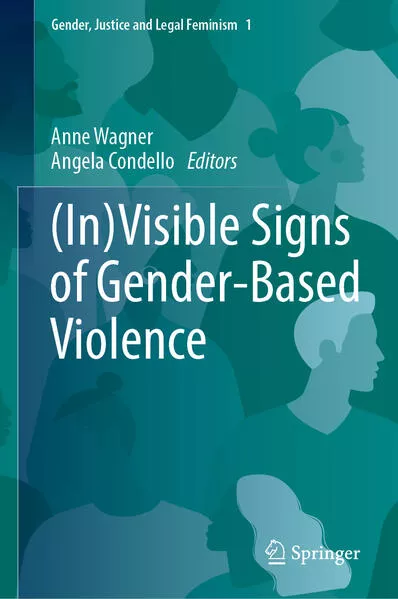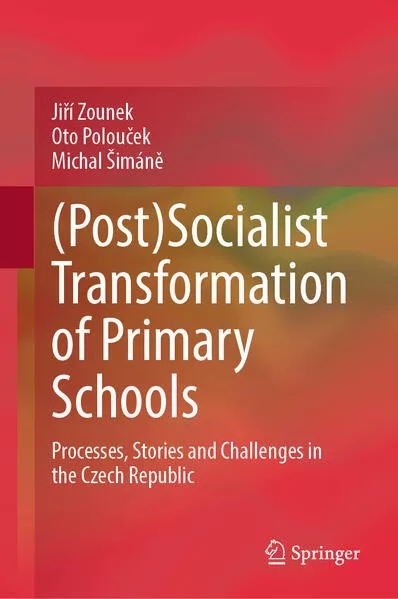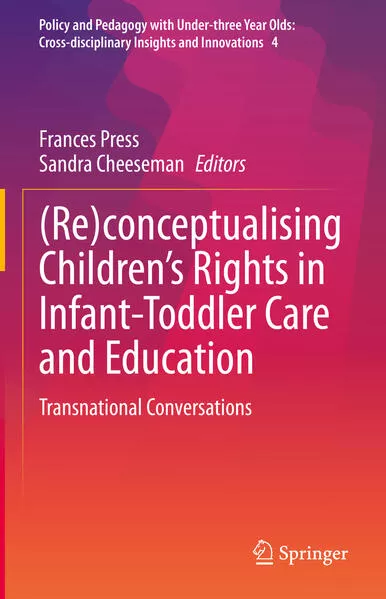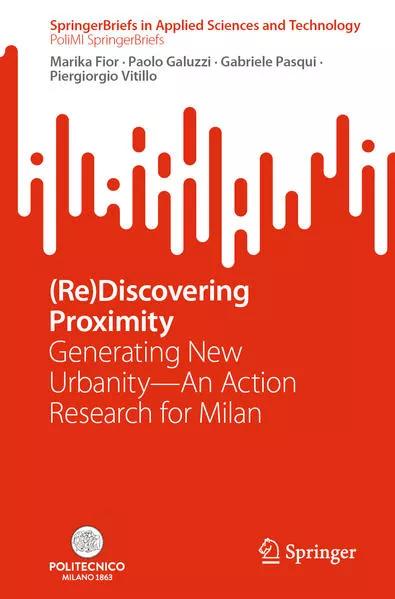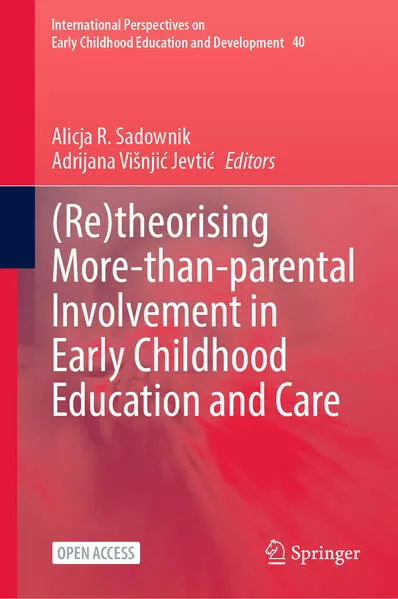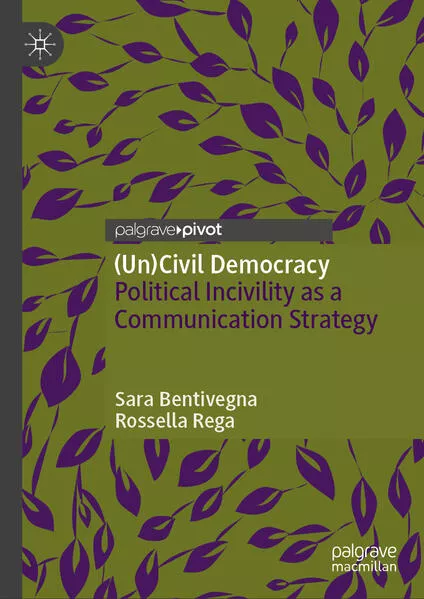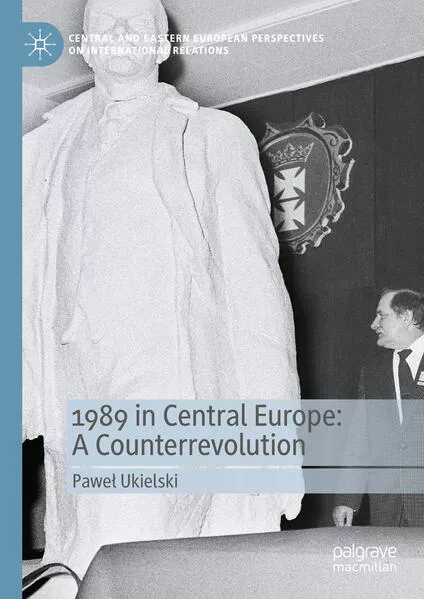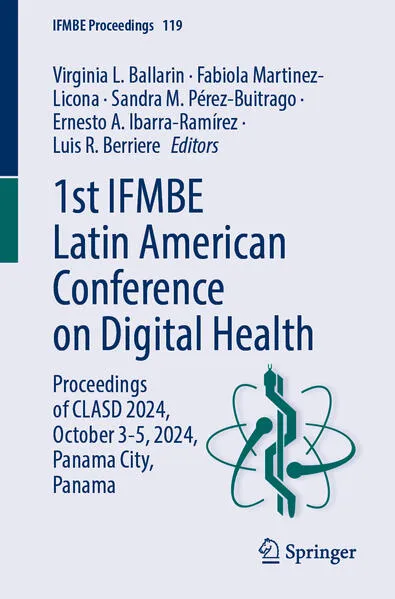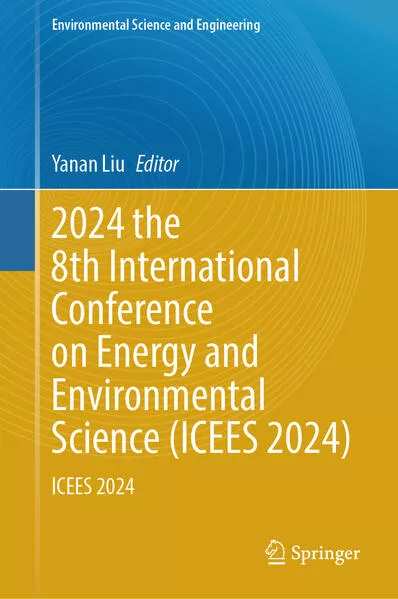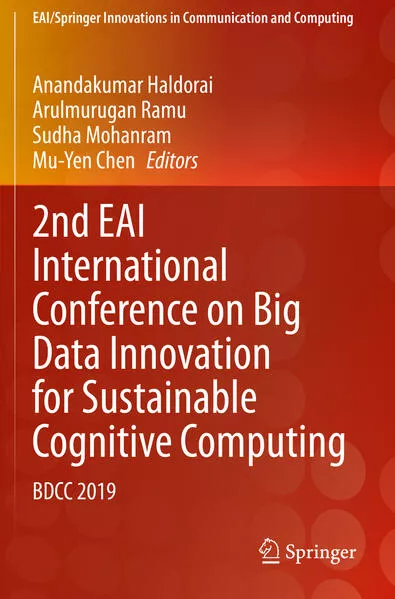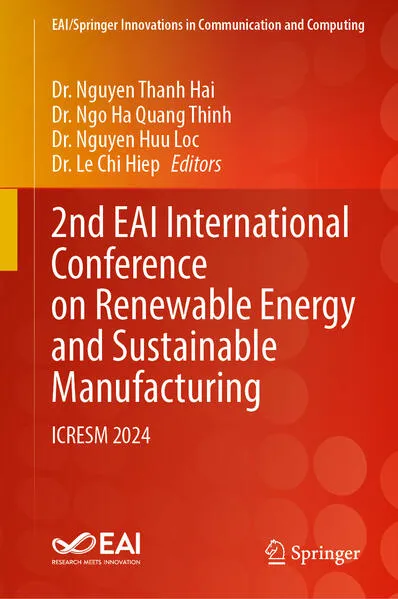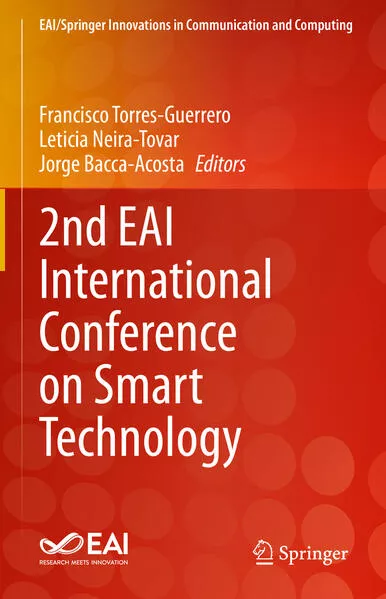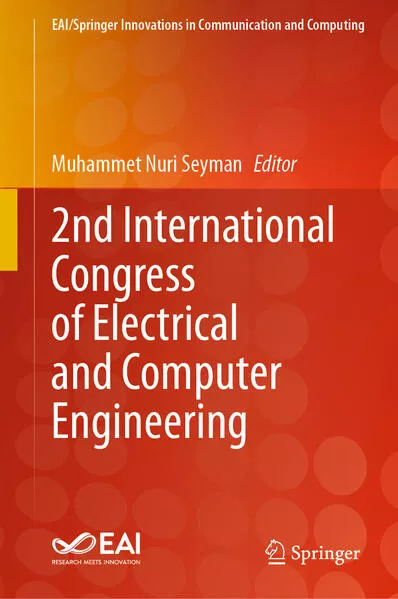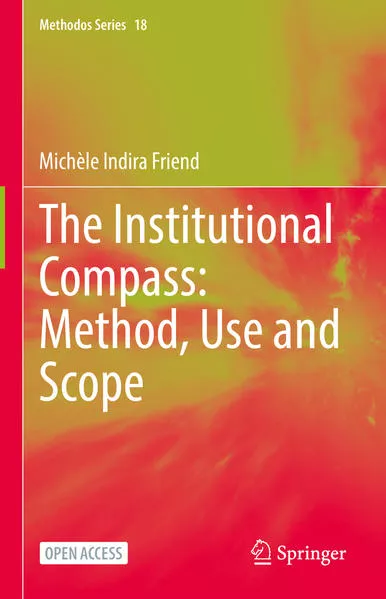
Michèle Indira Friend
The Institutional Compass: Method, Use and Scope
ISBN: 978-3-031-05452-5
202 Seiten | € 53.49
Buch [Gebundenes Buch]
Dieses Buch gehört zur Reihe Methodos Series und enthält ca. 2 Folgen.
Erscheinungsdatum:
09.07.2022
Politik
Michèle Indira Friend
The Institutional Compass: Method, Use and Scope
This open access book presents a new generation multi-criteria, multi-stake holder, decision aide, called an "institutional compass". Based on hard data, the compass tells us what quality-direction we are heading in as an institution, region, system or organisation. The quality is not chosen from the usual scalar qualities of: good, neutral and bad. Instead, it is a quality chosen between: harmony, discipline and excitement. None is good in and of itself. We need some of each.
The compass marks a new generation in four respects. 1. The representation of the data is intuitive and simple to understand, and therefore can be used to communicate and justify policy decisions. 2. Any data can be included, i.e., none is excluded. This makes the compass tailored to particular situations, voices and contexts. 3. The data includes different time horizons and different types of value: monetary, use, social, sentimental, religious, intrinsic, existential... 4. The process of compass construction can be made inclusive at several junctions. An institutional compass can be extended to evaluate products, add normativity to a systems analysis, reflect world-views such as that of ecological economists or function as an accounting system to manage scarce resources.
There are four parts to the book. The first part introduces the general ideas behind the compass. In the second part, the author presents the method for constructing the compass. This includes data collection, data analysis and a mathematical formula to aggregate the data into a single holistic reading. In the third part, the author extends the methodology: to incorporate it into systems science, adding a normative and quality-direction dimension, to use it as a non-linear accounting method and more thoroughly to reflect the philosophy of ecological economists to give a real measure of sustainability. In the fourth part, we see three case studies: one for the World Health Organisation, a second is the use of the compass to label products in a shop and the third is as a regional compass for Hauts-de-France. The book ends with philosophical conclusions.
Throughout the book, we see tight arguments, refreshing ideas and a thorough treatment of objectivity in decision making.
The compass marks a new generation in four respects. 1. The representation of the data is intuitive and simple to understand, and therefore can be used to communicate and justify policy decisions. 2. Any data can be included, i.e., none is excluded. This makes the compass tailored to particular situations, voices and contexts. 3. The data includes different time horizons and different types of value: monetary, use, social, sentimental, religious, intrinsic, existential... 4. The process of compass construction can be made inclusive at several junctions. An institutional compass can be extended to evaluate products, add normativity to a systems analysis, reflect world-views such as that of ecological economists or function as an accounting system to manage scarce resources.
There are four parts to the book. The first part introduces the general ideas behind the compass. In the second part, the author presents the method for constructing the compass. This includes data collection, data analysis and a mathematical formula to aggregate the data into a single holistic reading. In the third part, the author extends the methodology: to incorporate it into systems science, adding a normative and quality-direction dimension, to use it as a non-linear accounting method and more thoroughly to reflect the philosophy of ecological economists to give a real measure of sustainability. In the fourth part, we see three case studies: one for the World Health Organisation, a second is the use of the compass to label products in a shop and the third is as a regional compass for Hauts-de-France. The book ends with philosophical conclusions.
Throughout the book, we see tight arguments, refreshing ideas and a thorough treatment of objectivity in decision making.
Unterstütze den lokalen Buchhandel
Nutze die PLZ-Suche um einen Buchhändler in Deiner Nähe zu finden.
Bestelle dieses Buch im Internet
| Veröffentlichung: | 09.07.2022 |
| Höhe/Breite/Gewicht | H 23,5 cm / B 15,5 cm / - |
| Seiten | 202 |
| Art des Mediums | Buch [Gebundenes Buch] |
| Preis DE | EUR 53.49 |
| Preis AT | EUR 54.99 |
| Reihe | Methodos Series 18 |
| ISBN-13 | 978-3-031-05452-5 |
| ISBN-10 | 3031054520 |
Über den Autor
Michèle Indira Friend is temporarily a researcher with UCCS: Unité de Catalyse et de Chimie du Solide at Université Lille Nord-Europe. More permanently, she is Associate Professor of Philosophy at George Washington University. She is a member of the International Society for Systems Science, the International Society for Ecological Economics, the Association of Symbolic Logic, the International Society for Philosophy of Chemistry and many others. She is a philosopher of: logic, mathematics, relativity theory, chemistry, systems science, economics and the environment.
Diesen Artikel teilen
0 Kommentar zu diesem Buch
.... weitere Publikationen von Springer International Publishing
Leserunde
Echo aus dem Eis: Band 2 der Northern-Drift-Reihe - Aviation-Mystery in Eis und Dunkelheit
Bewerbungsfrist bis zum: 03.03.2026




